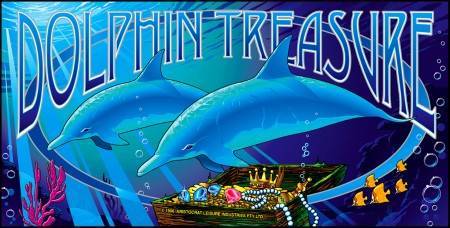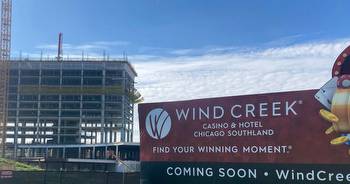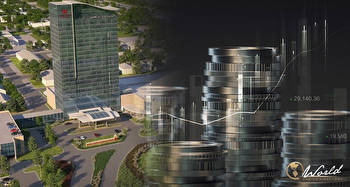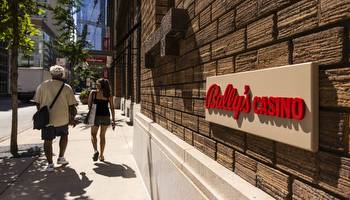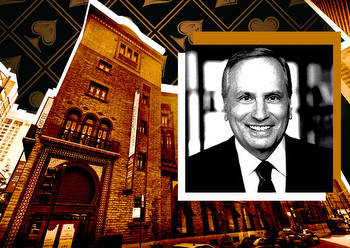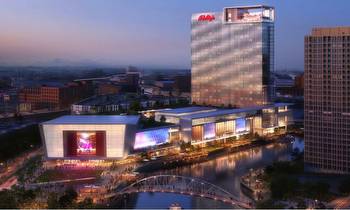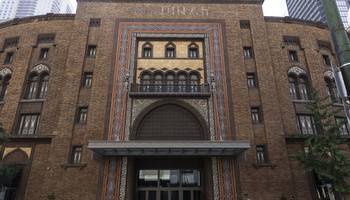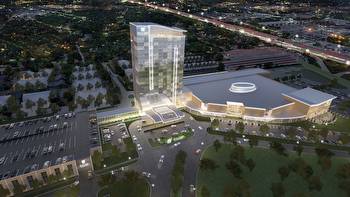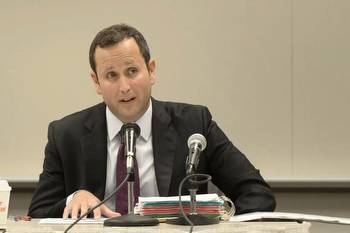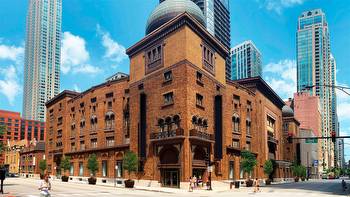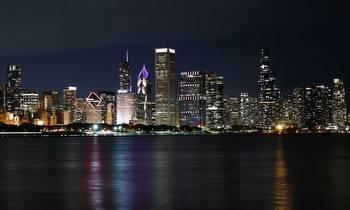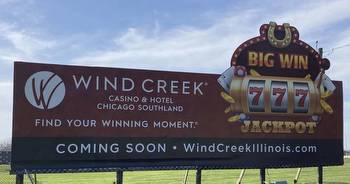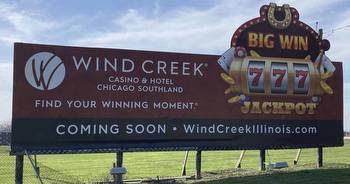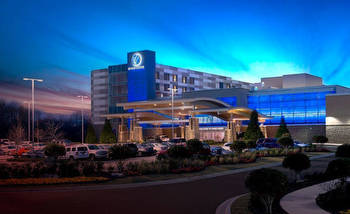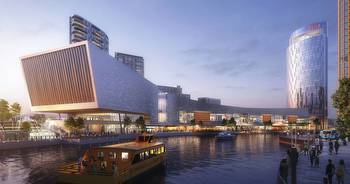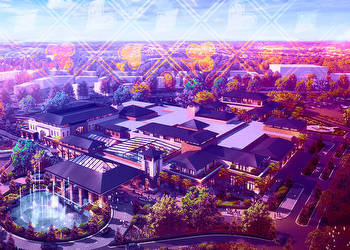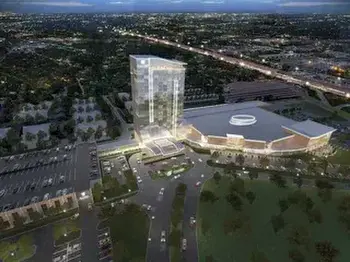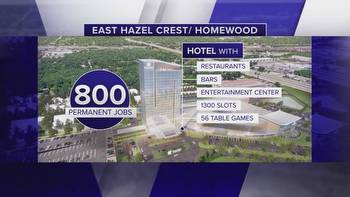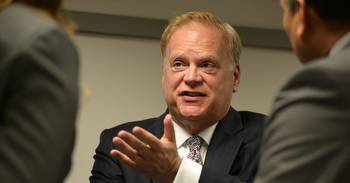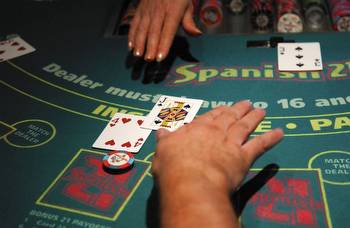Wind Creek Chicago Southland Casino Plan Scores $290M Loan

The developer of a $529 million casino complex in Chicago’s southern suburbs scored $290 million in financing as construction on the large project advances.
Wind Creek Hospitality, the builder of the casino and a 252-room hotel were issued a loan for the 73,000-square foot gambling center featuring 1,350 slot machines and 56 table games on the border of the towns Homewood and East Hazel Crest. It will also feature a 75,000-square-foot entertainment venue and dining.
Wind Creek is the gaming and hospitality entity for the Poarch Band of Creek Indians, a federally recognized Native American tribe based in Alabama. The $290 million in debt came from the PCI Gaming Authority — another entity for the same tribe, of which Wind Creek is a subsidiary, according to Cook County Records.
Wind Creek and PCI Gaming Authority did not respond to requests for comment.
Wind Creek operates 10 other gaming resorts across the country. It bought the property for $25 million in May 2022 from Mark and Jon Weglarz, brothers who have been in Chicago-area real estate for decades and operate hotels around the Midway Airport. The entire development site is 24 acres.
The opening of the casino is now scheduled for fall of next year, a later date than officials had previously planned, according to a July report. Wind Creek had previously said the project would be ready by either late 2023 or early 2024.
When Homewood approved the redevelopment agreement in June, the budget of the project increased to $529 million from $440 million. That includes land acquisition, construction and state licensing fees.
The project is set to receive both tax increment financing and a Class 8 property tax designation, according to the Tribune. Both are tools used to limit the amount of property taxes Wind Creek would pay.
The Class 8 designation reduces the property tax assessment level for the property to 10 percent of fair market value, instead of the standard 25 percent of market value at which commercial properties are typically assessed for taxing. The assessment increases after 10 years, fully phasing out 13 years after the project opens, but can be renewed.
Local leaders of Homewood and East Hazel Crest have so far welcomed the gaming proposal, and Wind Creek expects the casino to generate $155 million in net revenue in its first year and $201 million in its seventh.
Chicagoland casino craze
The casino, set to be called Wind Creek Chicago Southland, is one of three being planned in northern Illinois currently, as the gaming boom was sparked by a 2019 law that created six new casino licenses.
The most high-profile of those projects is Bally’s $1.7 billion River West proposal in Chicago, while in Waukegan, a temporary casino opened in February ahead of the construction start on an approximately $400 million permanent entertainment complex featuring gambling, that will be called American Place in the northern suburb. (A lawsuit’s revival in August threatened to further delay the Waukegan project.)
In September, prominent River North developer Albert Friedman, a longtime Chicago real estate player with strong political connections, struck a $20 million deal with Bally’s for the use of the historic Medinah Temple building as a temporary casino. The property opened in recent weeks to gamblers and will operate while Bally’s builds its permanent complex at the Chicago Tribune printing plant site in River West.
For the River North property, Bally’s will pay $16.5 million in total rent over a four-year term and $330,000 in management fees, plus the property tax, which has exceeded $1.1 million a year.
The Medinah Temple is about a mile north of City Hall and owned by Friedman, who has leased properties to influential figures in Chicago politics, including three mayors — Brandon Johnson, Lori Lightfoot, and Rahm Emanuel.







